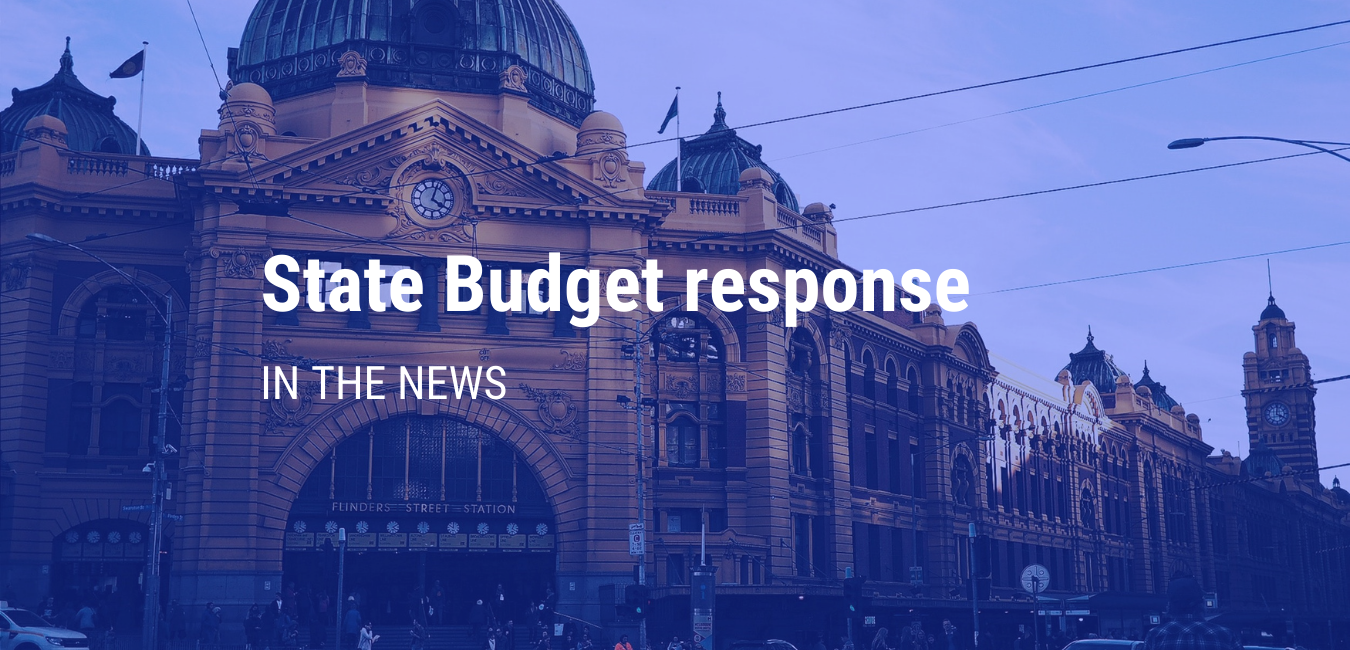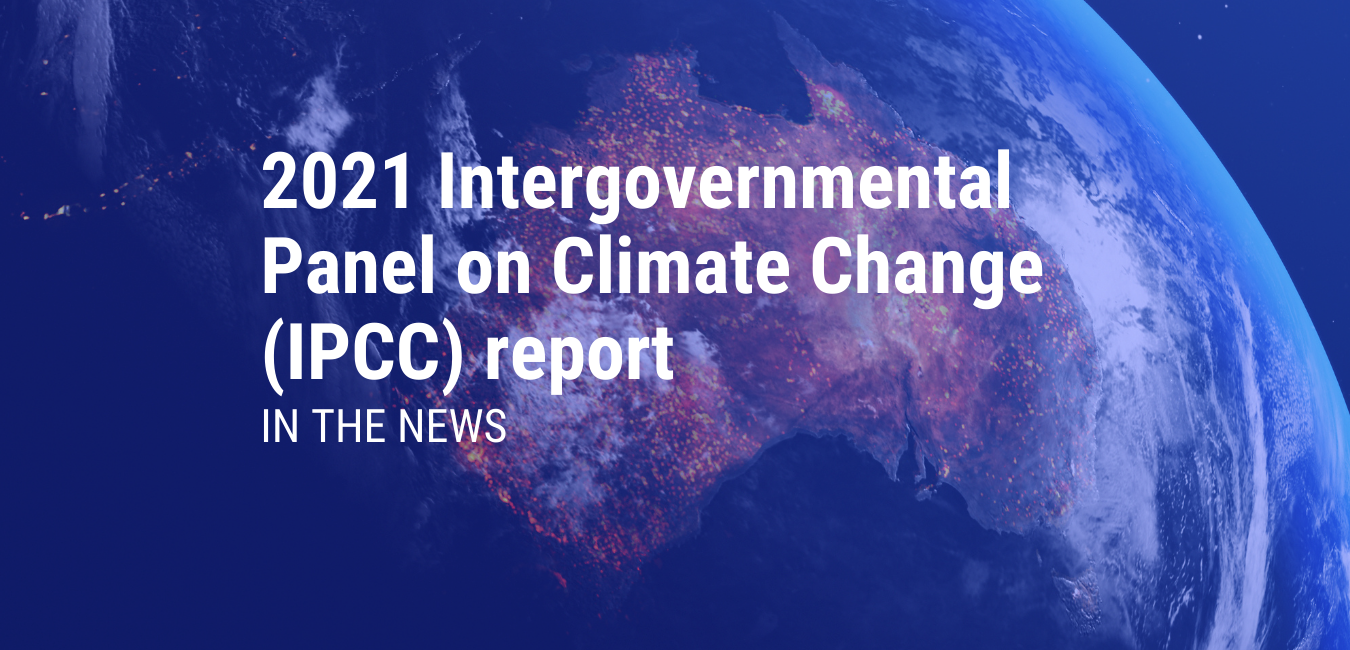
Environment & Climate Change, Featured, Media, News
State Budget response: Victorian Budget welcomed as a bold move, but it needs to start with Federal Government
Kylie Porter | May 20, 2021
The Australian Local Network of the United Nations Global Compact, Global Compact Network Australia (GCNA) recognises the Victorian State Government’s Budget commitment announced on Thursday 20 May 2021 to halve carbon emissions by 2030 under net zero by 2050 targets as promised. While commending Victoria for taking sustainable action seriously, GCNA urges the Federal Government to imitate such urgent action.The Andrew’s Government announced that Victoria is on the pathway to net zero, with aims of 50 percent progress by 2030. Announced in the State Budget, this plan includes $20 million to reduce emissions in the agricultural sector and $15.3m for a carbon farming program. Key action also includes a commitment to achieve 100 per cent renewable energy by 2025 in government operations, which GCNA says will only be possible with immediate and substantial action. On the back of its renewables boom, Victoria has increased its target for energy it gets from renewables, from 27 per cent in 2020-21 to 31 per cent in 2021-22.GCNA Executive Director Kylie Porter said: “We applaud the state government for their projected targets, set for 2030. While we recognise the need for establishing goals in order to take action, Victorian targets could be ambitious if urgent timelines are not taken into account. With less than four years to achieve halved emissions, the state must consider how all upcoming and planned projects incorporate sustainable practice. We encourage the Andrew’s Government to review the role sustainable business plays in reaching net zero targets beyond government run projects. Economically facing, big business can be better incentivised in order to comply with needed action towards responsible business practices. Ensuring the proposed budget is reflective and supportive of set targets is paramount for the state to reach them ahead of 2030.“While Victoria’s target would achieve an Australian first, we need collective pressure from all states on the Federal Government to demand immediate action. There needs to be tangible commitments from all states if Australia is to reach net zero emission targets well before 2050 to ensure that we remain alongside our closest allies, including the US and the UK. The Andrew’s Government must demand federal action that is reflective of local goals, to ensure national and multi market businesses comply. We take bold measures now to decarbonise our economy to curb further harm to our planet and people.”Earlier this year, the United Nations Environment Program released a report revealing that Australia’s spend on green initiatives during the pandemic was less than that of other large economies such as France, South Korea and Germany. Further, last year Australia’s emissions were one of the highest on record globally[1], driven by an increase in emissions from the electricity sector.In alignment with the 2030 Agenda for Sustainable Development, the GCNA has been advocating for the Sustainable Development Goals (SDGs) to form part of each state’s economic recovery. The SDGs are the blueprint to achieve a better and more sustainable future for all. They address the intractable global challenges, including poverty, inequality, climate change, environmental degradation, peace and justice.“As stated by the International Energy Agency (IEA) this week, we need radical change to reach net zero, which includes ceasing existing and future investments in oil, gas and coal projects. Only by focusing on clean energy sources will we be able to reach net zero and achieve Goal 7 of the SDGs is to ensure access to affordable, reliable, sustainable and modern energy for all, and Goal 13 to take urgent action to combat climate change and its impact. Both these goals should be a focus for the Federal Government.“Whilst policy is being developed and agreed, GCNA remains committed to working with the Australian business community to invest in future proofing business practices, and in turn our economies. The 17 goals outlined in the SDGs highlight the significant commitment required for global, and specifically local, businesses to review the way that they operate and align business objectives with responsible and sustainable practice,” concluded Kylie Porter.Last week, GCNA hosted Making Global Goals Local Business – Australia, a forum which featured global and local leaders, aimed to inspire urgent action from the broader business community to support the delivery of the SDGs. Collectively, the forum brought to light insights about how responsible business practices can create new market opportunities and accelerate action to achieve a better and more sustainable future for all.[1] Results are presented in tonnes of carbon dioxide equivalents.




